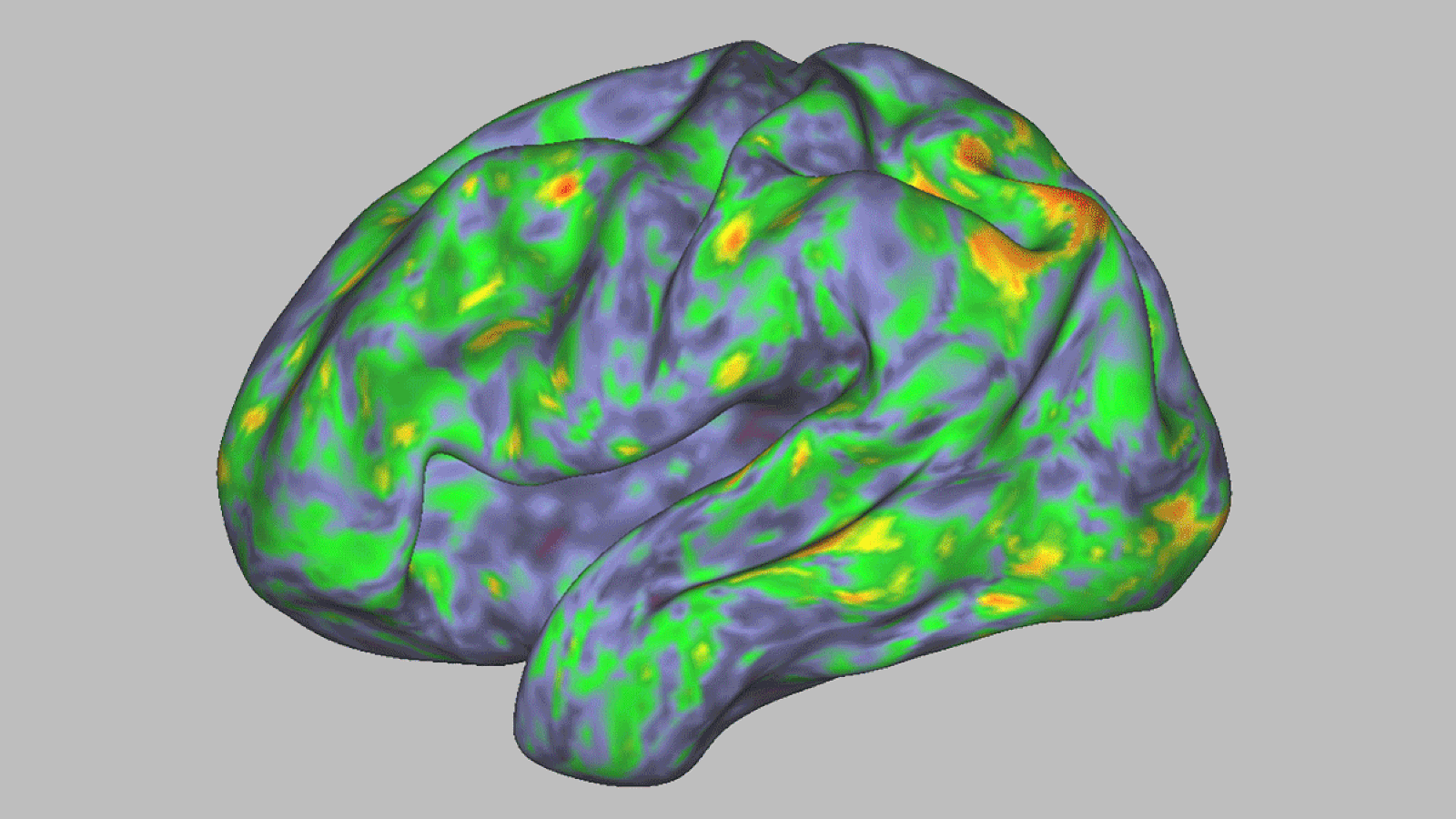Follow us on Google News (click on ☆)

This thermal map of resting brain activity shows cool shades (blue and green) at the start, but turns yellow, orange, and red after psilocybin consumption, indicating profound changes.
Credit: Sara Moser/Washington University
Psilocybin transforms our perception of time and space and alters our feelings of connection to the world. Although most of these subjective effects fade quickly, brain changes can persist for weeks after a high dose of psilocybin, according to this new research.
Led by Dr. Joshua Siegel from the Washington University School of Medicine, the study shows for the first time that these persistent changes may explain why psilocybin is promising in the treatment of depression and other mental disorders. The study uses precision functional mapping, collecting vast amounts of data on brain activity from a few participants.
Researchers scanned the participants' brains before, during, and after administering high doses of psilocybin or Ritalin, a stimulant used as a control. These frequent scans allowed for detailed tracking of daily variations in brain activity and revealed the lasting effects of psilocybin.
The results are significant: psilocybin causes major desynchronization in the brain network called the "default mode network," which is active during self-reflection and daydreaming. This desynchronization persists even three weeks after substance consumption, altering connections with the anterior hippocampus, which is linked to memory and emotions.
These findings support previous studies showing that psilocybin makes the brain more flexible, potentially explaining its therapeutic potential. By inducing a more adaptable brain state, psilocybin could enable lasting cognitive changes essential for treating depression. According to Siegel, this desynchronization might act as a "reset," facilitating healthier brain reconnection.
It is crucial, however, that the use of psilocybin for mental treatments occurs in a controlled environment. Clinical trials take precautions to minimize risks, especially for individuals prone to psychosis. An intense and controlled experience maximizes the chances of a durable therapeutic response.